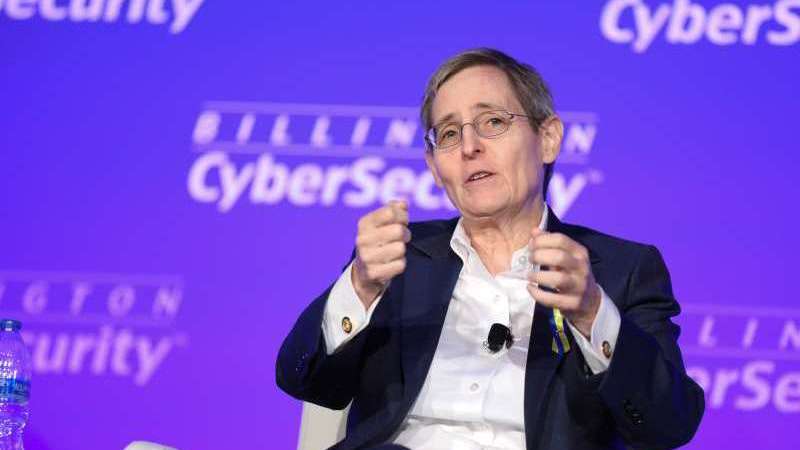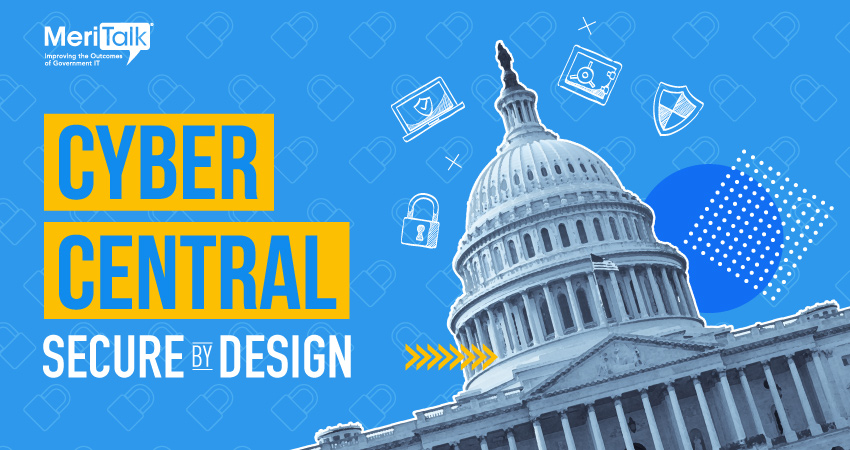
As Federal agencies and the private sector improve their uses of mobile technology, they must also improve security along with it, according to Ann Dunkin, chief information officer (CIO) at the Department of Energy (DoE).
At the Google Mobility Summit today hosted by ATARC, Dunkin explained that the COVID-19 pandemic rapidly accelerated organizations’ mobility. The Federal government now offers hybrid and remote work options, which she said “requires us to leverage mobile technology more than ever.”
However, with improved mobility, Dunkin said organizations need to put in the effort to maintain the security of their mobile applications and mobile devices.
“This has been a process of transitioning from physical workspaces to virtual workspaces to having a remote communication support that we’re all going through,” Dunkin said. “And in that space, one key concern is to protect the information and privacy.”
For example, Dunkin said DoE currently has an initiative underway to allow employees to access their pay stubs or timesheets through a mobile device. This would replace the current process, which only allows employees to access that application through a laptop or desktop computer inside DoE’s firewall – whether that’s via the VPN or on a site.
While it may seem “silly,” Dunkin said this increased mobility will allow DoE to be “more efficient with resources” and reduce the number of employees that have to come into a physical office – something she said is especially helpful for employees who work out in the field.
Nevertheless, Dunkin said that’s not her main concern for this initiative – it’s security.

“To support information sharing and collaboration, we must build in security, privacy, and data protection throughout the entire technology lifecycle,” Dunkin said. “I can’t make it so that you can get your pay stub on your tablet and then leave the system wide open and insecure.”
Dunkin said President Biden’s cybersecurity executive order has helped to drive “massive changes in the government towards a zero trust posture,” which will allow agencies to “have an architecture that will secure this enterprise as we move forward.”
“I want to leave you with one message,” Dunkin told attendees. “And that is, as you improve your mobility to support your workforce, that you ensure that you maintain the security of your mobile applications or mobile devices, and that we work together collectively to defend those devices to protect our national infrastructure, whether that’s as a private sector company, or as part of the government.”
